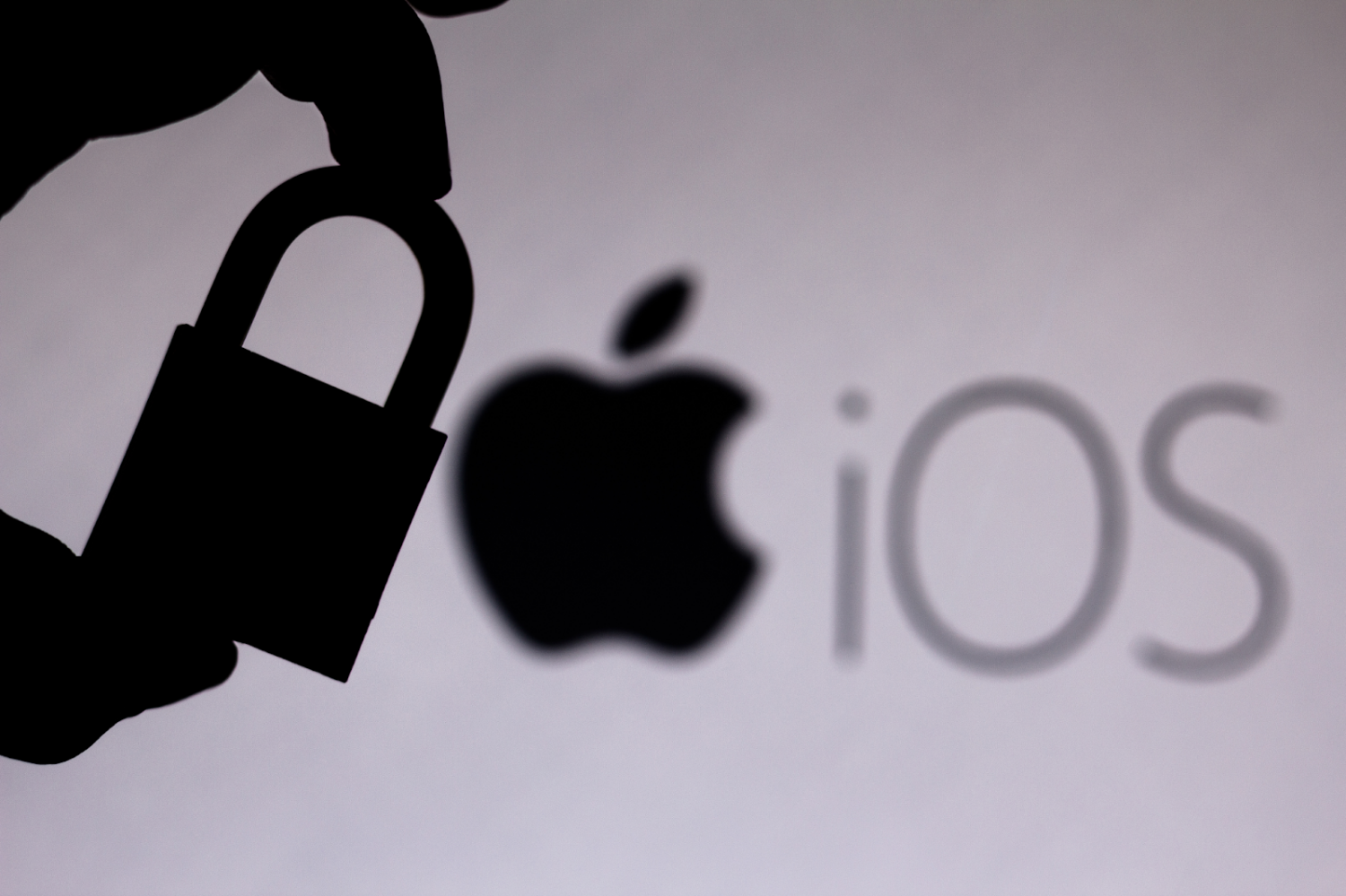
The iOS 14.5's App Tracking Transparency (ATT) feature is a new update that lets you see the apps on your phone and whether they have been granted permission to track your location. When an app wants to use this data, it will ask for permission before doing so.
These rules are designed to give users more transparency between iOS developers and users regarding the information collected by apps and how it is being used. But there have been issues surrounding iOS developers navigating App Tracking Transparency rules, as well as early failures in the ATT feature itself.
The launch of ATT has been off to a rocky start
One significant problem with the ATT feature in the iOS 14.5 update is that it is not working as billed. There are many complaints among Apple users who have upgraded to iOS 14.5 about the lack of "Ask To Track" prompts. Some people haven't seen any at all, while others have been seeing heavily customized pop-ups.
This issue erodes the credibility of the feature, and it also impacts consumer confidence with individual apps that are not displaying tracking preferences correctly.
One common issue for users is that they may not be receiving any Ask to Track notices because they have already disallowed the collection of the identifier for advertisers (IDFA) in their settings. This will have carried over to iOS 14.5. But another significant reason why users are not receiving notifications is that the developer's app isn't ready for ATT yet.
Developers are using workarounds to dodge iOS privacy feature
The uncomfortable truth is that some will seek to find loopholes or ways around these rules whenever they are put in place. This has been the case with ATT, with Apple facing pressure to tighten the rules after several third parties discovered workarounds that circumvented these privacy rules.
A scary truth for consumers is that they might even know they were victims of this unethical behaviour. They receive the notification as scheduled, click the "do not track" option and go about their lives. But, unbeknownst to them, they are being tracked regardless, and their data is being used against their will.
"Anyone opting out of tracking right now is basically having the same level of data collected as they were before," marketing strategy consultant Eric Seufert told the Financial Times.
"Apple hasn't actually deterred the behaviour that they have called out as being so reprehensible, so they are kind of complicit in it happening."
Why developers need to be transparent with their privacy obligations
The act of chicanery is rife in the digital world, making consumers wary, untrusting and cautious when choosing their brands and products. It has reached the point where over 80 per cent of consumers need to trust a brand before they will consider purchasing from them.
Apple is likely to respond to the pressure being applied and tighten the security around ATT in the future. But there are lessons that app developers can learn in the meantime.
This is a problem because it means that the public doesn't know how to make informed decisions about which software they should use and what kind of data they're giving up when they do. It also means that people don't have access to the information necessary for understanding how these programs work or what's being done with their data.
With so many apps on the market today, it's difficult to know which ones are worth your time and money. Consumers now demand transparency to make sure they're not being taken advantage of by software developers.
* This is a contributed article and this content does not necessarily represent the views of techtimes.com









